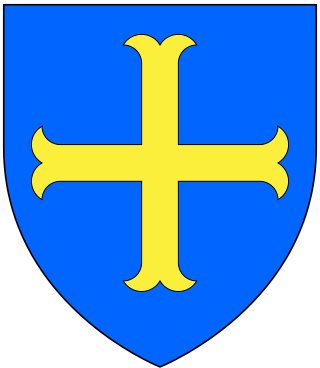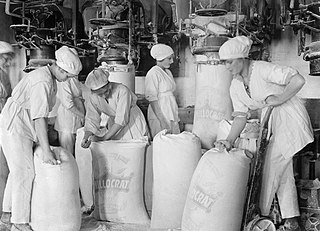Related Research Articles

Lucie-Simplice-Camille-Benoît Desmoulins was a French journalist, politician and a prominent figure of the French Revolution. He is best known for playing an instrumental role in the events that led to the Storming of the Bastille. Desmoulins was also noted for his radical criticism of the Reign of Terror as the editor of the journal Le Vieux Cordelier. He was a schoolmate and close friend of Maximilien Robespierre and a close friend and political ally of Georges Danton, who were the leading figures in the French Revolution.

The Society of the Friends of the Rights of Man and of the Citizen, mainly known as Cordeliers Club, was a populist political club during the French Revolution from 1790 to 1794, when the Reign of Terror ended and the Thermidorian Reaction began.
Petit is a French-language surname literally meaning "small", "little". Notable people with the surname inclide:

Anne-Lucile-Philippe Desmoulins, born Laridon-Duplessis was a French revolutionary, diarist, and author during the French Revolution. She was married to the revolutionary Camille Desmoulins. She was executed eight days after Camille Desmoulins and Georges Danton, accused of conspiring to free her husband and involvement in counter-revolutionary activities.
Dumoulin is a surname of French origin similar to Desmoulins, see the latter article for the etymology. People with that name include:

Molyneux is a French surname. The surname has been linked primarily to a large French family that settled in Lancashire, England. By the 14th century the Molyneux family had split into three main branches: the Lancashire line, who became the Earls of Sefton; the Nottingham line; and the Calais line, from those remaining in France. There was also a branch of the family who were Irish baronets.

Miller and Millar are surnames of English, German, Irish or Scottish origin.
Verhoeven is a noble toponymic surname of Dutch origin. The name is a contraction of van der Hoeven, meaning "from the homestead". In 2007, Verhoeven was the 44th most common name in the Netherlands. People with this surname include:
Camille is a Latin-French unisex name.

Le Tellier is the name of the French noble family, while Letellier is a surname, and may refer to:
Baginski or Bagiński is a Polish surname. It is a toponymic surname derived from any of the places named Bagno, Bagienice, Bagieńsko, Bagienko.

Antoine-François Momoro was a French printer, bookseller and politician during the French Revolution. An important figure in the Cordeliers club and in Hébertisme, he is the originator of the phrase ″Unité, Indivisibilité de la République; Liberté, égalité, fraternité ou la mort″, one of the mottoes of the French Republic.
Absil is a surname. Notable people with the surname include:
Van Acker a Dutch toponymic surname meaning "from (the) farmland". It is common in East Flanders and Zeelandic Flanders, while the agglutinated form Vanacker is more common in the province of West Flanders. Notable people with the surname include:
De Smet or Desmet is a Dutch occupational surname. It is a regional form of "the smith" very common in East and West Flanders. It was the tenth most common name in Belgium in 1997. Notable people with the surname include:
Moulin and du Moulin are French-language surnames. "Moulin" literally means "mill".
Baliński or Balinski is a Polish-language surname. It is a toponymic surname for someone associated with any of various places named Balin. Russian form: Balinsky, Lithuanian: Balinskis.
Duplessis is a French surname. Notable people with the name include:
Faux or Faulx is a surname, ultimately from Latin fagus ("beech"). The English surname is of Flemish origin.
Defaux is a surname popular in Belgium and northeastern France.